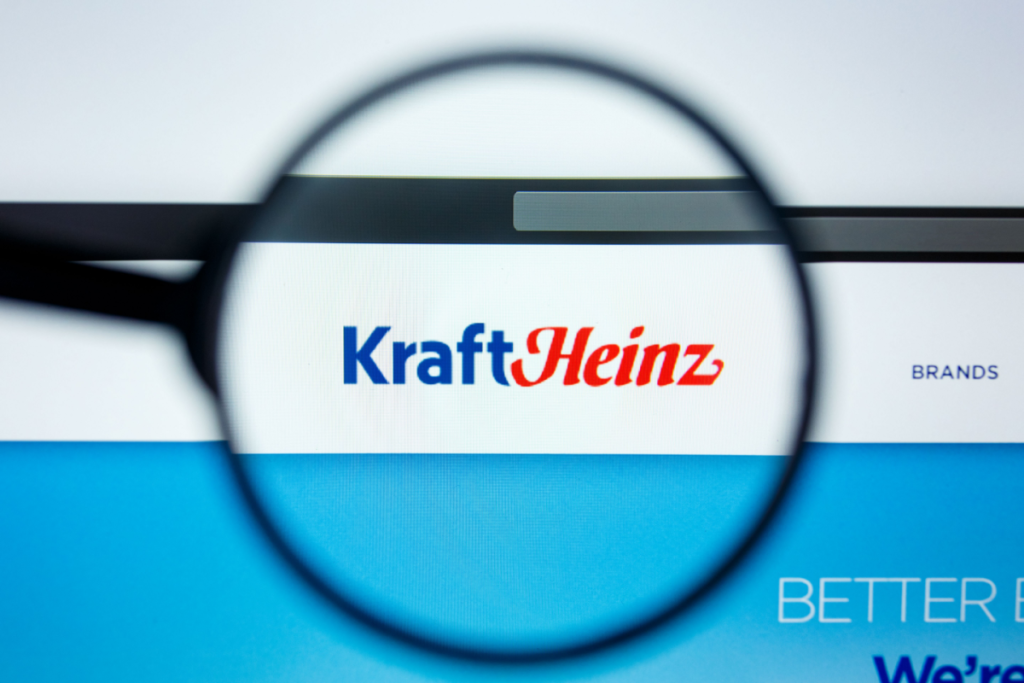Reshaping an Iconic Food Giant
Kraft Heinz announced Tuesday it will split into two independent, publicly traded companies, undoing a merger once hailed as a packaged food powerhouse. One company will focus on faster-growing brands such as Heinz, Philadelphia and Kraft Mac & Cheese, while the other will manage slower-growth grocery staples and food-service products including Oscar Mayer, Kraft Singles and Lunchables.
Executive chair Miguel Patricio said the current structure made it difficult to allocate resources effectively. “By separating into two companies, we can unlock the potential of each brand to drive better performance and long-term shareholder value,” he explained. The split is expected to be completed in the second half of 2026.
Unwinding the Berkshire-3G Merger
The move marks the collapse of the 2015 merger engineered by Warren Buffett’s Berkshire Hathaway and 3G Capital, which combined Heinz and Kraft to form North America’s third-largest food company. Despite aggressive cost-cutting, Kraft Heinz struggled to keep up with consumer tastes and saw its value erode. Shares have fallen more than 68% since the merger, and the company recently reported its seventh consecutive quarter of sales decline.
Buffett, whose Berkshire remains the largest shareholder, told CNBC he was “disappointed” by the breakup but said he would not oppose it. He had already acknowledged in 2019 that Berkshire “overpaid” for Kraft, after the company wrote down $15 billion in brand value.
Industry Challenges and Consumer Shifts
Like its peers, Kraft Heinz is facing pressure from inflation-weary consumers trading down to generic labels, as well as declining snack demand tied to the rise of GLP-1 weight-loss drugs. The U.S. Department of Health and Human Services has also urged the industry to remove artificial flavors and additives. Kraft Heinz pledged in June to eliminate artificial colors across its portfolio.
The company’s core challenge has been failing to adapt to evolving preferences. Many of its legacy products — processed cheese, packaged meats and ready-to-eat meals — have fallen out of favor with consumers seeking fresher, healthier or organic alternatives. Analysts argue that while Kraft Heinz slashed costs, it underinvested in product innovation and marketing, leaving once-iconic brands behind.
Following Kellogg’s Playbook
Analysts see echoes of Kellogg’s 2023 breakup, which split its snack and cereal businesses into Kellanova and WK Kellogg Co. Both companies were quickly acquired — Mars bought Kellanova for nearly $30 billion and Ferrero Group acquired WK Kellogg Co for $3.1 billion.
Whether Kraft Heinz can replicate that playbook remains to be seen. CEO Carlos Abrams-Rivera has emphasized renewed investment in North America, pointing to stronger promotions and product improvements. Still, the split underscores a broader industry shift away from sprawling conglomerates toward more focused, agile players.


